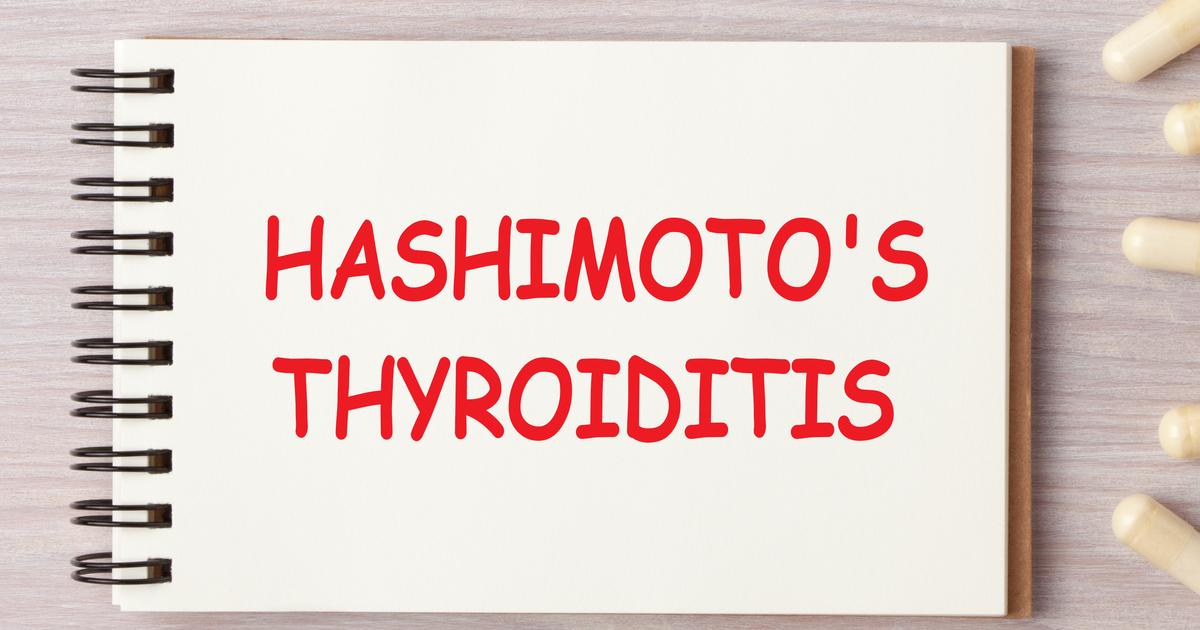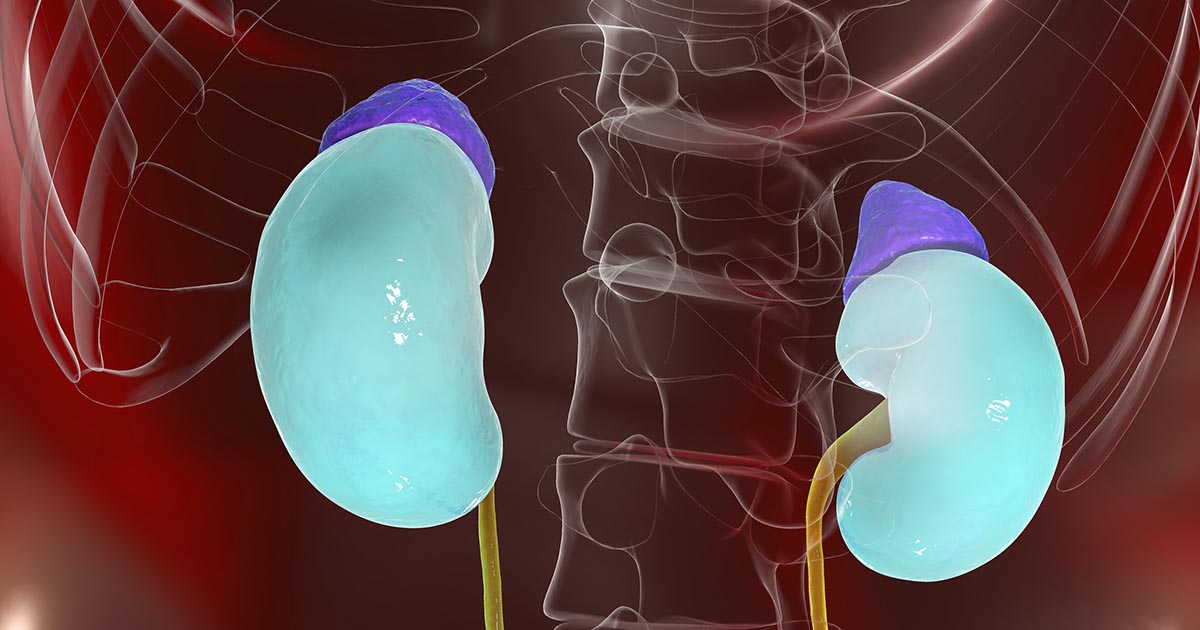Guide To Endocrine System Diseases
Addison's Disease
Addison's disease is a rare disorder characterized by the lack of certain hormones in the body. In most Addison's disease patients, the adrenal glands produce deficient amounts of cortisol and aldosterone. Cortisol is a hormone that plays an important role in an individual's metabolism, immune system, and stress response. Aldosterone is a hormone-steroid that plays a critical role in multiple functions of the kidneys. Addison's disease occurs when an individual has sustained damage to their adrenal gland tissues. This damage could be the result of an autoimmune process or another mechanism. Symptoms that occur when the adrenal glands do not produce enough of these hormones include decreased appetite, low blood pressure, craving for salt, low blood sugar, abdominal pain, irritability, loss of body hair, depression, joint pain, low blood pressure, muscle pain, fatigue, weight loss, darkening of the skin, and sexual dysfunction. Addison's disease is diagnosed with the use of blood tests, ACTH stimulation test, CT scans, MRI scans, and insulin-induced hypoglycemia test.
Get more details on the different endocrine system diseases now.
Hashimoto's Thyroiditis

Hashimoto's thyroiditis is a disease where the thyroid gland becomes inflamed and underactive, resulting in hypothyroidism. Hashimoto's thyroiditis is a process that occurs when an individual's immune system mistakes the thyroid tissues in the body as a foreign invader and launches an attack on the gland. At first, the attack on the thyroid gland destroys a large amount of thyroid tissue and releases an excessive amount of thyroid hormone into the bloodstream. This release causes symptoms of hyperthyroidism that eventually lead to symptoms of hypothyroidism as the levels deplete, and the gland can no longer keep up with its production because it has become damaged. Symptoms of Hashimoto's thyroiditis include sensitivity to cold, puffy face, pale skin, dry skin, hair loss, weight gain, muscle aches, joint pain, muscle weakness, depression, memory lapses, sluggishness, constipation, brittle nails, enlarged tongue, and muscle stiffness. Hashimoto's disease is diagnosed with the use of blood tests that detect antibodies against the thyroid gland and levels of thyroid hormones in the body.
Discover additional endocrine system diseases now.
